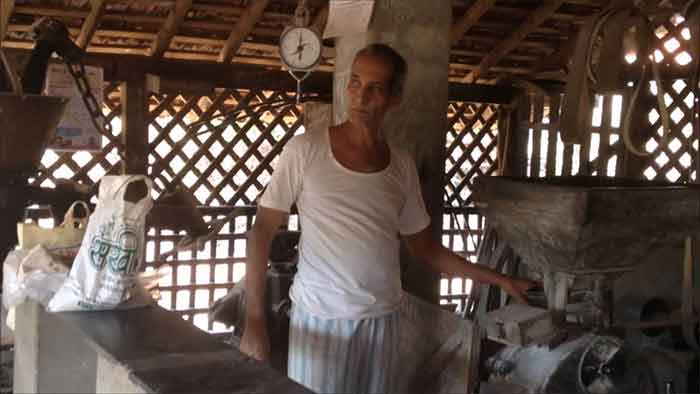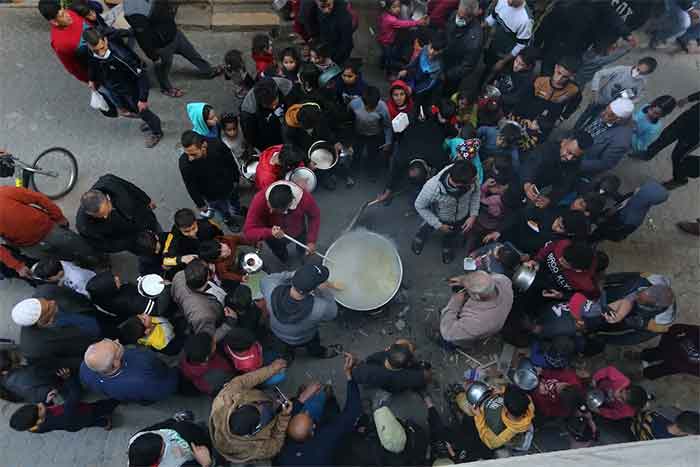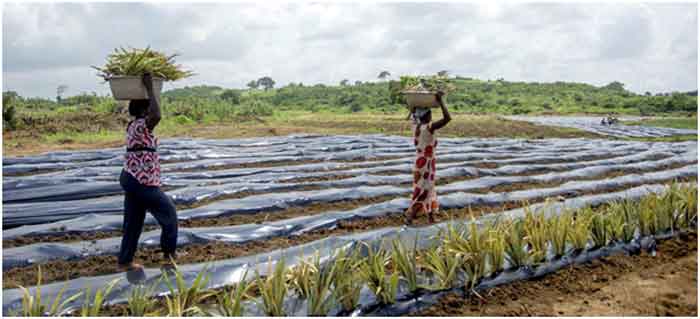
While fierce debates rage on agriculture, the very important role of food processing is often neglected. This neglect can prove very costly, as the people of Mexico discovered much to their cost a few years ago.
In the early 1990s a fierce debate raged in Mexico regarding the desirability of joining ( with USA and Canada) the North American Free Trade Agreement (NAFTA). It was generally agreed that as corn ( maize) was a staple crop of Mexico, most of the small farmers of Mexico growing this crop will lose rather heavily from the import of cheaper, subsidized wheat from the USA. However, to counter this very strong argument , the supporters of NAFTA argued that this will bring much cheaper food to consumers and as the number of food consumers was much larger than the number of corn farmers, this argument won the day and Mexico’s journey with NAFTA started on January 1.
Predictably over a million farmers were driven off their land and the rush of displaced farmers to cities also led to fall in industrial wages. But what about the promised benefits of cheaper food to consumers ? This did not work out as all as per the golden promises. Instead of declining the price of staple food increased steeply . What exactly happened?
Corn as the staple food is consumed in the form of tortillas here. Te price of tortillas in turn is related to the price of corn flour. In this market food processing is very highly concentrated in the hands of big business interests. At that time just two very big players controlled almost 97 per cent of the industrial corn flour market. These big processers were getting increasing government subsidies but still they connived to increase the price of tortillas sharply in post NAFTA years instead of reducing it. Meanwhile, probably as a part of the same NAFTA driven ‘reforms’ the government cut back on its own arrangements for making available cheaper tortillas and other staple foods. With disrupted livelihoods, declining income and higher price of staple food, poverty increased. Female headed households witnessed poverty rate increase of up to 50 per cent.
Could the things have been different if the work of obtaining flour from corn and then preparing tortillas was also in the hands of farmers or other villagers or nearby small towns close to them? The least that can be said is that if this food-processing was also in the hands of ordinary people the chances of avoiding arbitrary increase of price would have been much higher.
This experience of Mexico is increasingly important for countries like India where too food-processing is increasingly passing from cottage-scale processing to big industrial processing. This change has never received the same importance as agriculture per se has received, but this neglect can prove very costly, as the example from Mexico given above reveals all too clearly.
Some time back while researching this subject I was looking here and there for cottage-scale rice-milling in villages but did not find any. Then a friend Jagdish Pradhan ( of Sahbhagi Vikash Abhiyan or SVA in Odisha) told me the reason why such units are so difficult to find now in the land of Gandhi. He informed that setting up such small units had been banned some time back in India. So was India walking on the same road as Mexico? But he also gave me a good news. He told me that they had been keen to set up such cottage-scale mills in their program area in Western Odisha. When they came to know about the ban they decided to challenge this. Finding some sympathetic officials, they were able to obtain a reversal of this highly arbitrary decision which, I was told, would be beneficial for small and cottage scale rice milling efforts all over India. This is good news, but the question remains why such an arbitrary ban was placed in the first place.
Some time back there were reports in Delhi of some cottage-scale wheat-mills facing closure under the pressures of anti-pollution and sealing work. Fortunately many such wheat-mills have survived, although their share in total wheat processing has come down heavily. In hilly areas the gharats or water-mills are fabled for the good quality of their flour, whether of wheat or corn or various millets, as the grinding takes place at a slower pace, but even these water mills have in sharp decline.
Mangal Singh, a highly talented but neglected farmer scientist from Bundelkhand , has invented a Mangal Turbine which can lift water without diesel or electricity from streams and rivulets. Less known is the fact that this can easily have add-ons for milling various grains and millets. What such traditional as well as recent efforts reveal is that if food-processing remains in the hands of rural communities, there is always room for the creativity of rural innovators leading to better design and efficiency.
Yet another advantage is better nutrition for rural and small town consumers, as well as for farm and dairy animals as the residues of village-level processing of grain, millets and oilseeds are likely to become available for the consumption of local animals. This is in contrast to the big industry processing, where residues like oilcakes and bran enter the wider market to be purchased by those who offer the most price. In practice this leads to the export of much of this, denying much needed nutrition to farm and dairy animals in India.
Mahatma Gandhi realized all this and accorded a lot of importance to local village-level processing of food and cotton crops in his swadeshi program. Despite the tremendous potential for the creativity of villagers and particularly women in this work, despite the availability of excellent rural skills for this work, despite the clear possibility of generating millions of very creative and sustainable jobs in this for villagers close to their homes, this path has been steadily abandoned.
However it is still not too late to return to it, as there will be tremendous benefits of human and animal nutrition, availability of cheaper and more healthy food as well as employment generation related to this. Farmer households will benefit much from this diversification of their livelihoods and market closer to home.
Bharat Dogra is a journalist and author. His recent books include Man Over Machine and Protecting Earth for Children.
GET COUNTERCURRENTS DAILY NEWSLETTER STRAIGHT TO YOUR INBOX















































